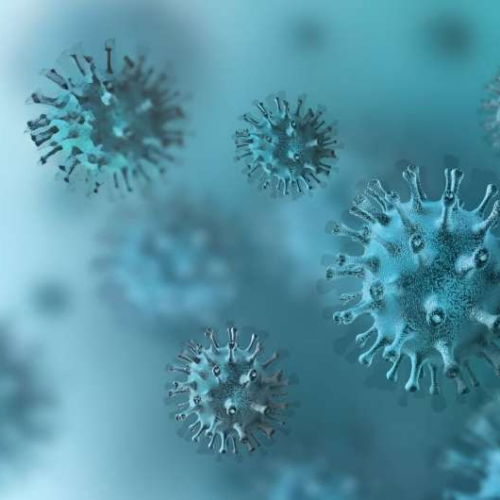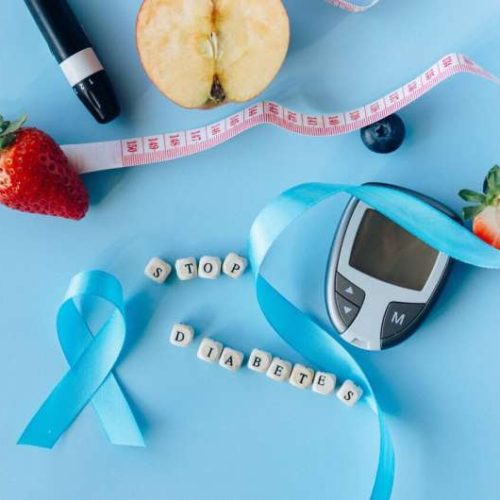by Robin Foster As Americans travel far and wide to see family and friends this holiday season, a new COVID variant named JN.1 has become dominant across the country. A descendant of the variant BA.2.86, JN.1 now accounts for 44 percent of COVID cases, up from roughly 7 percent in late November, the latest data...
10 top-trending health questions you had for Dr. Google in 2023
By Jacqueline Howard, CNN CNN—This year, Google users in the United States wanted to know more about strep throat, how to lower cholesterol and what helps with bloating. Those were just some of the top-trending health-related questions searched on Google in the United States from January 1 to November 27, according to the technology company. “The...
Study finds similar brain effects after severe COVID, other critical illnesses
Mary Van Beusekom, MS A study involving hospitalized adults today in JAMA Network Open finds that severe COVID-19 negatively affects brain health, but no more so than pneumonia, heart attack, or other critical illnesses. Copenhagen University Hospital researchers in Denmark compared the cognitive, psychiatric, and neurologic test results of 120 COVID-19 patients with those of...
TMS for Depression: ‘A Pre-Eminent Intervention’
Beth Rush Treatments for depression have evolved over the years, helping individuals with symptoms overcome challenging conditions. Transcranial magnetic stimulation (TMS) is a US Food and Drug Administration (FDA)-approved, noninvasive procedure that uses electric currents to target specific areas of the brain. “TMS is generally used in patients who have failed to respond to psychotherapy...
Food-as-Medicine study finds no improvements in type 2 diabetes patients
by Justin Jackson , Medical Xpress Credit: Nataliya Vaitkevich from PexelsResearch led by the Massachusetts Institute of Technology Sloan School of Management, Cambridge, has found that an intensive food-as-medicine program showed no improvement in glycemic control in patients with type 2 diabetes and food insecurity. In their paper, “Effect of an Intensive Food-as-Medicine Program on...
‘Visual system’ protein appears to be key for stabilizing the body’s circadian rhythms
Johns Hopkins MedicineScientists at the Johns Hopkins University School of Medicine and the National Institutes of Health have identified a protein in the visual system of mice that appears to be key for stabilizing the body’s circadian rhythms by buffering the brain’s response to light. The finding, published Dec. 5 in PLoS Biology, advances efforts...
Angelica gigas extract emerges as a potential treatment for vascular disease
A new research paper was published in Aging (listed by MEDLINE/PubMed as “Aging (Albany NY)” and “Aging-US” by Web of Science) Volume 15, Issue 23, entitled, “Angelica gigas extract inhibits acetylation of eNOS via IRE1α sulfonation/RIDD-SIRT1-mediated posttranslational modification in vascular dysfunction.” Angelica gigas NAKAI (AG) is a popular traditional medicinal herb widely used to treat...
New insights on better diagnosis and treatment of ischemic cholecystitis
First Hospital of Jilin UniversityIschemic cholecystitis is a form of gallbladder inflammation that occurs without gallstones or another form of external compression. It is caused by poor perfusion to the gallbladder tissue. This new research is important because it helps to better understand the cause of ischaemic cholecystitis and to develop more effective treatments for...
Frequency of adding salt to foods linked to higher risk for CKD
by Elana Gotkine A higher self-reported frequency of adding salt to foods is associated with a higher risk for chronic kidney disease (CKD) in the general population, according to a study published online Dec. 28 in JAMA Network Open.Rui Tang, M.P.H., from Tulane University in New Orleans, and colleagues examined the association of self-reported frequency...
New stroke risk down with clopidogrel-aspirin initiated within 72 hours
by Elana Gotkine Combined clopidogrel-aspirin therapy initiated within 72 hours after stroke onset leads to lower risk for new stroke at 90 days among patients with mild ischemic stroke or high-risk transient ischemic attack (TIA) of presumed atherosclerotic cause, according to a study published in the Dec. 28 issue of the New England Journal of...




